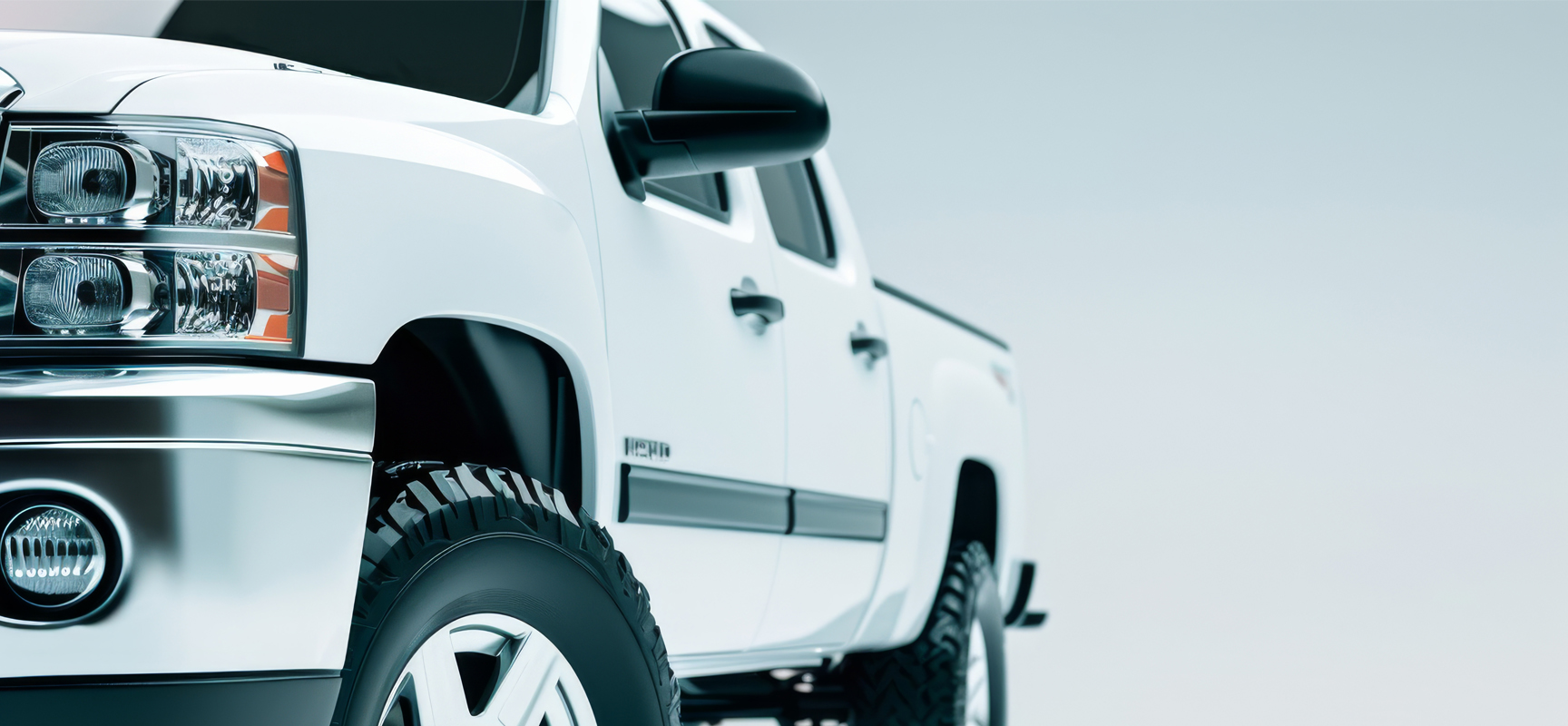
America's Love Affair with Cars Comes at a High Cost
We love our cars. They get us to work. Haul all our stuff home from the store. And allow us to enjoy those weekend road trips in comfort. But even more than that, a car is a powerful personal expression. For many people, what a person drives says a lot about who they are. So, it's no wonder that we are often tempted to spend more than we really should on vehicles.
According to the U.S. Department of Transportation, in 2022, the average household spent $12,295 on car expenses.1 This comes to about 16% of average annual household income. However, it was noted that this percentage does not hold across income levels. The less people make, the more of their income they spend on car costs.
A recent survey by MarketWatch found that two out of five people report paying 20% or more of their income on owning and operating a car.2 And expenses like car payments, repairs, and insurance premiums continue to climb.
One of the biggest long-term expenses that people don't think about when signing the paperwork for their new car is called "opportunity cost." It's based on the simple principle that you can't have your cake and eat it, too. In other words, the money you're spending on your car is money you won't be able to spend on other things. Or be putting away in savings.
A construction worker asked advisor and financial writer Ben Carlson a question along these lines. He was concerned for some of the younger guys he worked with that were buying big pickups at $70K a pop and more. And he wanted to be able to explain to them how this financial decision was going to affect them in the long term.3
Carlson agreed that spending that kind of money on a vehicle (borrowing most of it) would have a sizeable impact on their financial future.
To run the numbers, he made the following assumptions:
- You could finance a $70,000 truck with a 5-year loan and a $1350 payment.
- Your alternative would be a smaller truck with a 5-year loan and a $500 payment.
After five years the bigger truck would cost $51,000 more in payments. If you took 75% of the difference and invested it at a hypothetical 7% annual return, by 30 years you would be ahead about $800,000. (That would be at age 55 for someone starting this at age 25.)
And Carlson isn't saying you have to forego buying a new truck to achieve these huge savings. Just a less expensive one. Unless you live in a highly developed urban area, like New York City, you need a car to get places. As a friend says, "It's tough to do your Costo shopping by bike."
However, it's good to remember that the cost of a car goes well beyond the monthly payment and that stretching yourself financially to buy or lease a vehicle can lead to major financial consequences down the road.
1. http://go.pardot.com/e/91522/-transportation-united-states-/953db7/2330841774/h/LVrwhmhvPHjuF-vgMaTfVHrv-R-C_Fpt6-5Qs0_DWjo
2. http://go.pardot.com/e/91522/20-monthly-income-cars-1869594/953dbb/2330841774/h/LVrwhmhvPHjuF-vgMaTfVHrv-R-C_Fpt6-5Qs0_DWjo
3. http://go.pardot.com/e/91522/-that-70000-truck-costing-you-/953dbf/2330841774/h/LVrwhmhvPHjuF-vgMaTfVHrv-R-C_Fpt6-5Qs0_DWjo

Related articles

As the year draws to a close, many individuals and organizations turn their attention to charitable giving. Whether driven by gratitude, tax planning, or a desire to make a difference, giving back is...

Some of us try to walk 10,000 steps a day to stay fit. It seems to be the magic number with most fitness watches and apps. It turns out the 10,000 steps figure isn't based on any kind of science....

Helping your grandkids financially can be extremely gratifying. It's not surprising that most grandparents help out financially when they can. According to a recent survey by Senior List, about 96%...